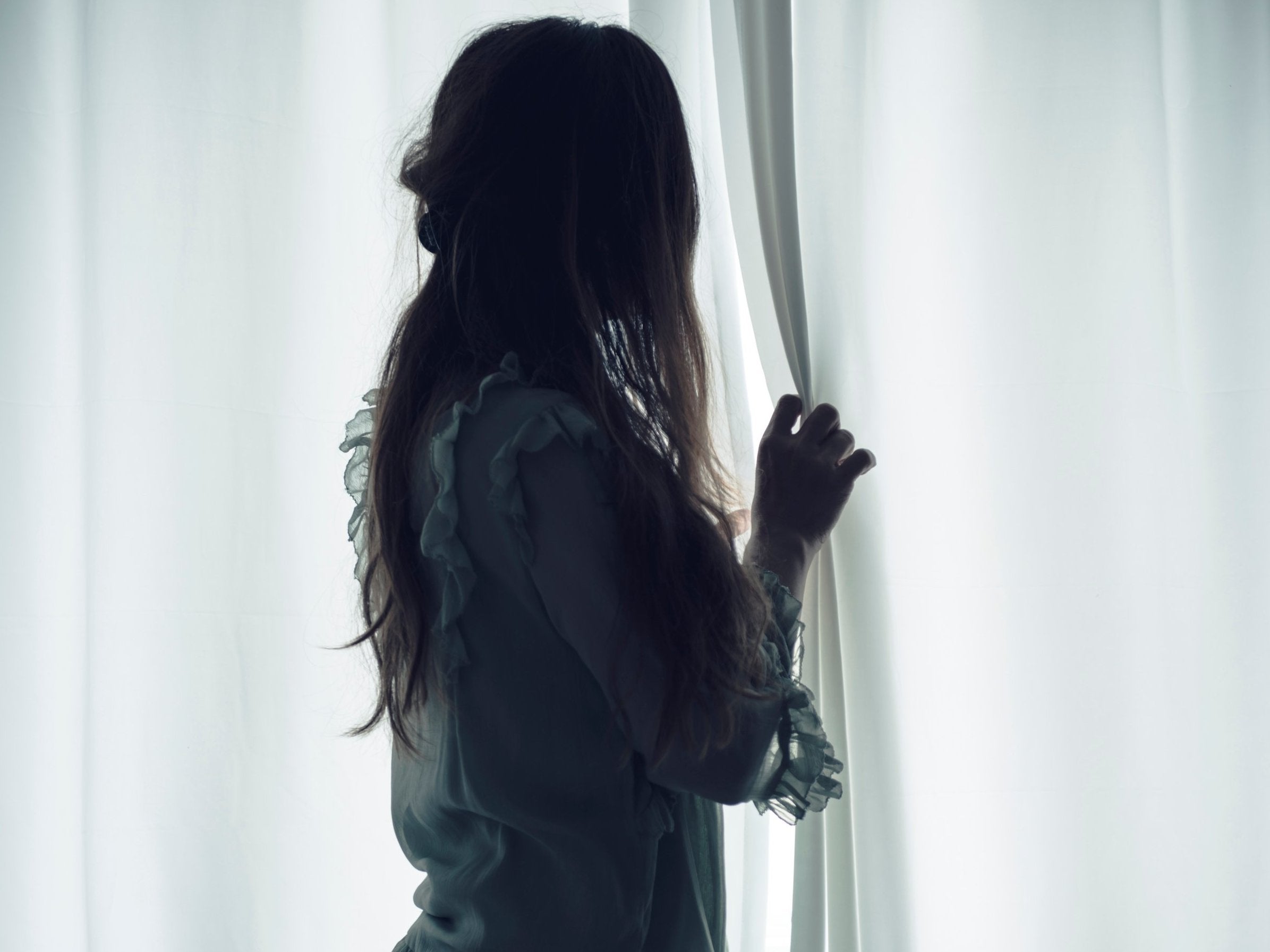Inside the UK’s only domestic abuse refuge for women with learning disabilities: ‘They tried to get me to eat cat food and cigarette butts’
In an undisclosed location in London, the lives of women who have suffered unimaginable abuse are being turned around, writes Maya Oppenheim


“My friend’s partner started saying he was going to burn me,” says Mel*. “I was really frightened. They took my phone away and snapped my SIM. They tried to get me to eat cat food and cigarette butts.”
Desperate to get away, the 25-year-old, who has a learning disability, escaped through a window and was eventually tracked down by police.
After two days in intensive care, Mel was referred to Beverley Lewis House, the only domestic abuse refuge in the UK specifically for women who have learning disabilities.
Domestic abuse is substantially more prevalent among women who have a disability – with those with a long-term illness or disability more than twice as likely to have been subjected to domestic abuse in the last year.
But frontline service providers warn a dearth of awareness about the needs of women with learning disabilities and refuges like Beverley Lewis House leads to vulnerable domestic abuse victims with such disabilities winding up in psychiatric facilities, hotels or forced back into the arms of their abusers.
Mel described in distressing detail how her abusive former partner and friend held her hostage, taking turns to slash her arms with a knife. The scars are still visible today.
“My boyfriend said he was going to murder me. He said ‘I’m going to end your life,’” she recalled.
Emma, another woman who lives at the refuge, sold sex to fund her gambling addiction prior to coming to the shelter.
She said: “I was going around sleeping with horrible men. They were exploiting me”.
But Emma said life has looked up since arriving at Beverley Lewis House and she now enjoys weekly drama therapy sessions as well as day trips with others living in the refuge.
She added: “I’ve improved so much since I’ve been here. I go to the gym now. I don’t hang out with men anymore and people don’t do horrible things to me anymore”.
Emma now volunteers at an elderly care home where she sings, talks and makes toast for them.
She said: “I love it so much. I love the elderly people. Beverley Lewis House has helped me a lot. I’ve got friends. My next step is to concentrate on getting control of my money back and getting a paid job.”
Karen*, another domestic abuse survivor who lives at the refuge, is autistic and has dissociative identity disorder.
She was self-harming and frequently attempting to take her own life when she arrived at the refuge after being sexually abused by her father, but credits the staff at Beverley Lewis House with her recovery.
Karen now spends time in a sensory room staff at the refuge especially created for her which has a soft and squishy floor and is filled with cuddly toys, blankets, lights and pillows. She said: “I go in there to relax. It was a space I used for when I had meltdowns so I couldn’t hurt myself, but I don’t need to use it much anymore.
“Beverley Lewis House played a huge part in my improvement. I wouldn’t have got this far if it wasn’t for them. They definitely saved me. I can’t count the number of times they have saved me.”
Beverley Lewis House, which is run by housing association L&Q, is run by a team of 10 care workers who work all hours of the day and night. Those living at the refuge do art, drama and yoga classes and are also provided with financial support.
Lisa Scivetti, the refuge’s manager, described the shelter as a “beautifully unique service”.
She added: “It’s always been a valuable service because it deals with the crossover between specialist services for people with a learning disability, mental health and domestic abuse.
“There are lots of special services for domestic abuse and lots for people with learning difficulties, but there is a big deficit in that those who work with people with learning difficulties don’t always understand the needs of domestic abuse victims and vice versa.
“There’s definitely a massive gap and we’re the only service bridging that gap. It’s an amazing service and it’s developed so much in the last 12 months with the addition of our positive behavioural support lead, who supports residents around behaviours of challenge.”
The refuge has supported 195 women in the last 25 years – with women generally staying there for around two years but able to continue accessing services after they have left.
Despite the high prevalence of domestic abuse among those with learning disabilities, just one in five refuges in England offers support for women with learning disabilities, according to Women’s Aid.
Sandra Horley, chief executive of Refuge, which is the UK’s largest provider of shelters for domestic abuse victims, said: “Refuges offer a lifeline to women and children experiencing domestic abuse. Every woman, no matter what her needs, has the right to access safety and support.
"Refuge is calling on the government to reintroduce the Domestic Abuse Bill at the earliest opportunity and ensure that within the bill it provides sufficient specialist provision to support all women.”
*Names have been changed to protect the women’s identities
Join our commenting forum
Join thought-provoking conversations, follow other Independent readers and see their replies
Comments